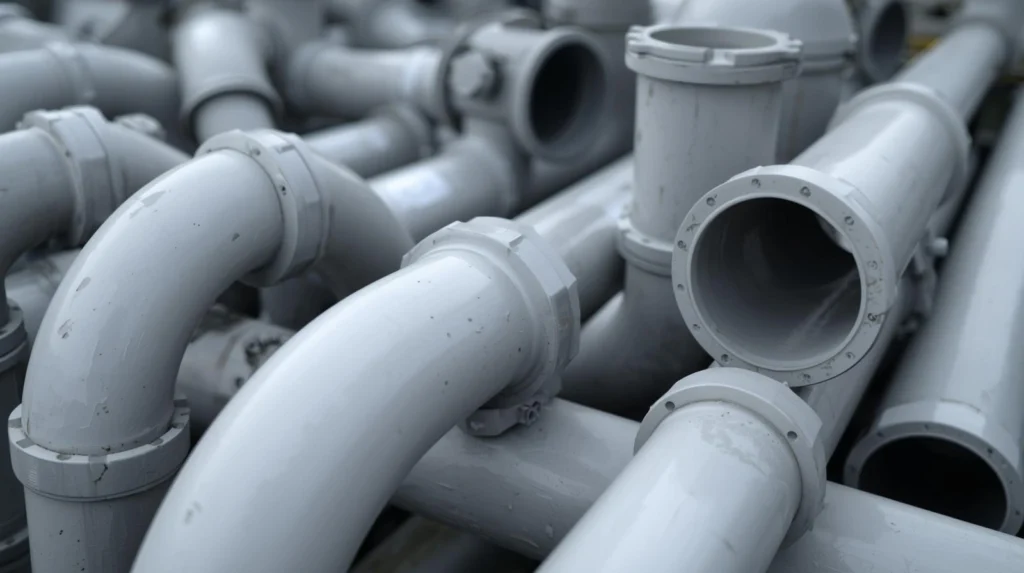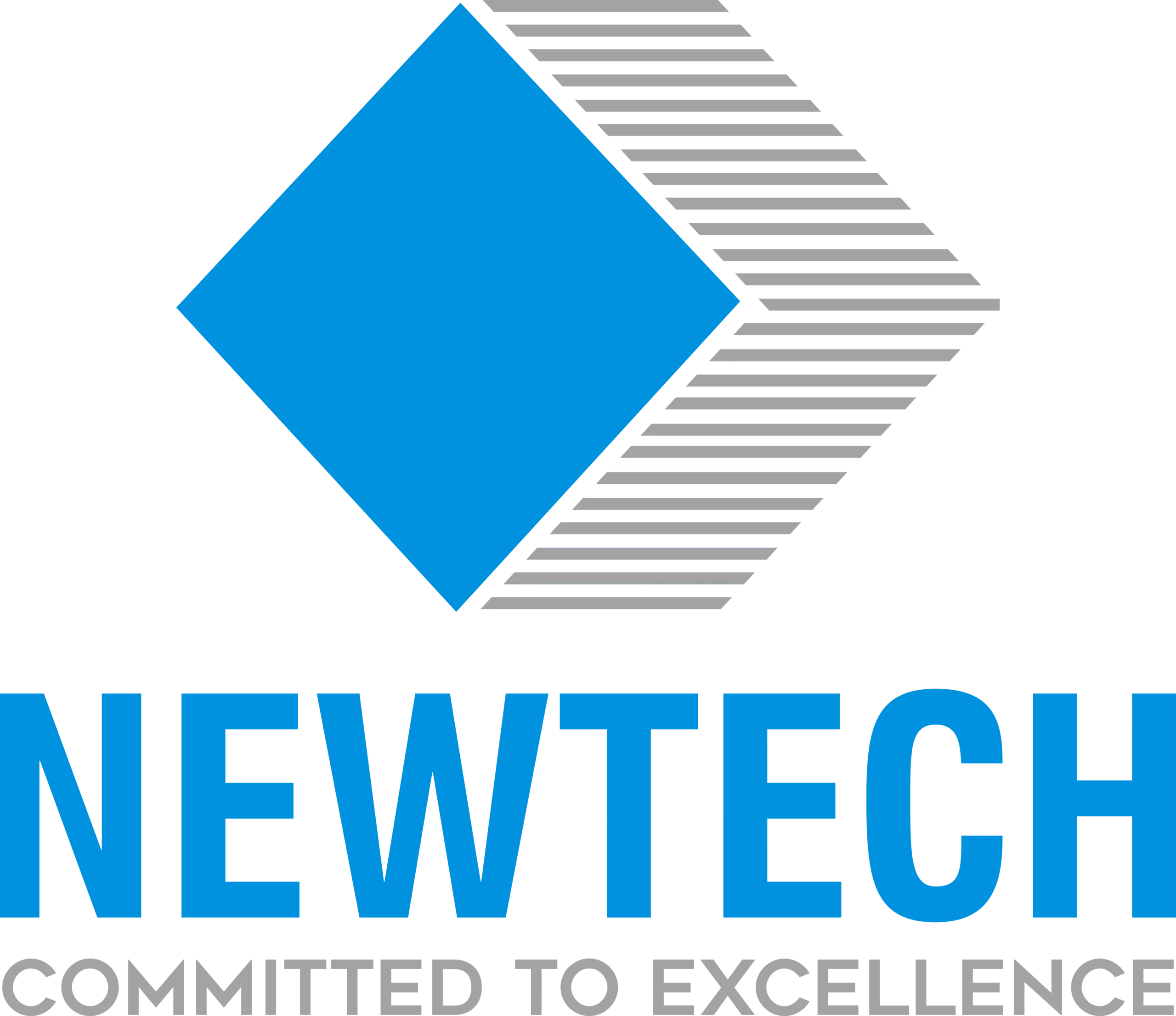UPVC (Unplasticized Polyvinyl Chloride) plumbing pipes are a type of plastic piping made without plasticizers, which makes them rigid, strong, and non-toxic. In Pakistan, they are widely used for drinking water systems because they do not rust, corrode, or leach harmful chemicals into the water. Unlike metal pipes, UPVC maintains water purity by preventing contamination from corrosion or scaling. Their smooth interior surface reduces friction, ensuring good water pressure and consistent flow in homes, offices, hospitals, and municipal water supply networks.
How do UPVC pipes keep drinking water safe and clean?
UPVC pipes are manufactured from food-grade, non-toxic materials that comply with potable water safety standards. This means they do not release lead, heavy metals, or harmful organic compounds into the water. The material is chemically inert, so it does not react with common disinfectants like chlorine used in Pakistan’s municipal water systems. Moreover, the smooth internal surface resists bacterial growth and prevents sediment buildup, ensuring water remains clear, fresh-tasting, and safe for daily consumption.
Are UPVC pipes suitable for Pakistan’s water conditions?
Yes. Pakistan’s water sources can vary in quality—sometimes carrying minerals, chlorine, or slightly acidic or alkaline properties. UPVC pipes are highly resistant to chemical attack, making them ideal for such varied conditions. Whether connected to municipal water supply, borewell pumps, or filtration systems, they maintain their structural and chemical integrity for decades. This reliability is especially important in rural and urban areas where water treatment standards may fluctuate.
How do UPVC pipes compare to other materials for drinking water supply?
When compared to galvanized iron (GI), steel, or copper pipes, UPVC has clear advantages:
- No corrosion: Unlike metals, UPVC doesn’t rust or corrode over time.
- No metallic taste: Maintains water’s natural taste and clarity.
- Lightweight: Easier to transport and install, reducing costs.
- Long lifespan: Often lasts 40–50 years under normal conditions.
In comparison to HDPE (High-Density Polyethylene), UPVC is more rigid, making it suitable for indoor plumbing where straight runs and stable installation are needed.
[showdpt instance=”6″]
What is the lifespan of UPVC plumbing pipes for drinking water in Pakistan?
With proper installation, UPVC plumbing pipes can last 40–50 years or more. Their resistance to scaling, corrosion, and chemical degradation ensures minimal maintenance over time. In Pakistan, most failures in water supply lines are due to poor installation or mechanical damage, not because the pipe has reached the end of its natural life.
How do UPVC pipes perform in Pakistan’s climate?
Pakistan experiences extreme summer heat, monsoon humidity, and mild to cold winters. UPVC plumbing pipes perform well in such conditions, particularly when installed indoors or underground, where they are shielded from direct sunlight. For outdoor runs, UV-stabilized UPVC or protective cladding is recommended to prevent long-term exposure damage. The material’s stability ensures that water safety is not compromised even in high-temperature seasons.
How easy is it to install UPVC plumbing pipes in Pakistan?
UPVC pipes are lightweight and easy to cut, join, and handle. They are typically connected using solvent cement joints, which create a leak-free bond. This quick installation process reduces labor costs and time, which is especially beneficial in residential projects and urgent water supply repairs. Because no welding or heavy machinery is required, plumbers can set up a safe drinking water network quickly and efficiently.
What maintenance do UPVC drinking water systems require?
One of UPVC’s biggest advantages is low maintenance. Unlike metal pipes that require regular inspections for rust or scaling, UPVC systems simply need periodic checks for joint integrity and any accidental mechanical damage. Properly installed systems often run for decades without needing major repairs. In Pakistan’s dusty and humid environments, this reliability is a significant benefit for homeowners and commercial building owners alike.
Do UPVC pipes affect water taste or odor?
No—when made to potable water standards, UPVC pipes keep water’s natural taste intact. Because they do not corrode or leach chemicals, there’s no metallic taste or unpleasant smell. This is especially important for drinking water systems in homes, hospitals, and restaurants where water purity is critical.
Are UPVC pipes cost-effective for safe drinking water systems?
Yes. While their upfront cost may be slightly higher than some low-grade plastic alternatives, UPVC pipes offer better long-term value because they last longer and require minimal maintenance. In Pakistan, where water supply disruptions can be costly, investing in a durable, safe piping system ensures reliability and reduces long-term expenses.
Can UPVC be used with filtration and water treatment systems?
Absolutely. UPVC is compatible with a variety of water treatment setups, including reverse osmosis (RO) systems, UV purifiers, and chlorination units. The material does not degrade or react with treatment chemicals, ensuring that treated water remains pure as it travels through the plumbing network.
FAQs
1) Are UPVC pipes safe for drinking water in Pakistan?
Yes, when certified for potable use, UPVC pipes are safe and non-toxic.
2) How long do UPVC drinking water pipes last?
Typically 40–50 years under proper installation and use.
3) Do UPVC pipes change water taste?
No, they keep water taste neutral and free from metallic flavors.
4) Can UPVC pipes handle Pakistan’s summer heat?
Yes, especially when installed indoors or underground. UV-protected UPVC is recommended for outdoor runs.
5) Are UPVC pipes cost-effective?
Yes, their durability and low maintenance make them a long-term, cost-saving choice.


